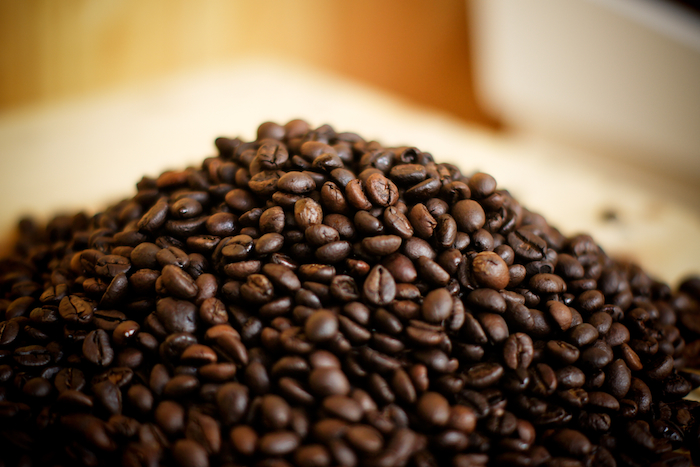Coffee & Life
Why is coffee bitter?
Some people add milk. Others stir in sugar — though this is not encouraged by scientists — in an attempt to “improve” the bitterness of coffee.
Scientists have identified why black coffee is so bitter, marking an important step toward developing a naturally milder-tasting coffee.
It turns out that caffeine is not the sole cause of coffee’s bitterness.
The research team conducted chemical analyses of coffee components, followed by taste tests with trained participants who could accurately identify different levels of bitterness.

A single cup of coffee contains more than 30 chemical compounds that contribute to its flavor, aroma, and acidity.
“Everyone assumes that caffeine is the main cause of coffee’s bitterness, but that’s actually not true,” said Thomas Hofmann, Professor of Food Chemistry at the Technical University of Munich, Germany, and lead author of the study.
“Caffeine only accounts for about 15% of the bitterness in coffee.”
According to scientists, the roasting process is one of the key factors influencing coffee’s bitterness — the longer the beans are roasted, the more bitter they become.
Brewing methods also affect coffee’s taste. High-pressure and high-temperature techniques — like those used in espresso, a style popular in Italy and Spain — typically result in a strong, full-bodied cup rich in aroma.
“Now that we understand how bitterness in coffee is formed, we can find ways to produce brews with the flavor profiles we want,” Dr. Hofmann said.
Source: Collected.







